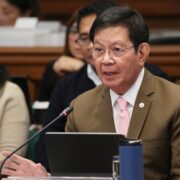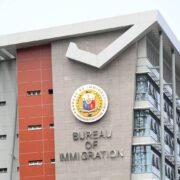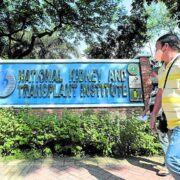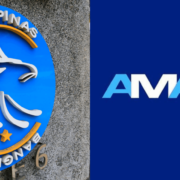SEC eyes longer list of REIT assets
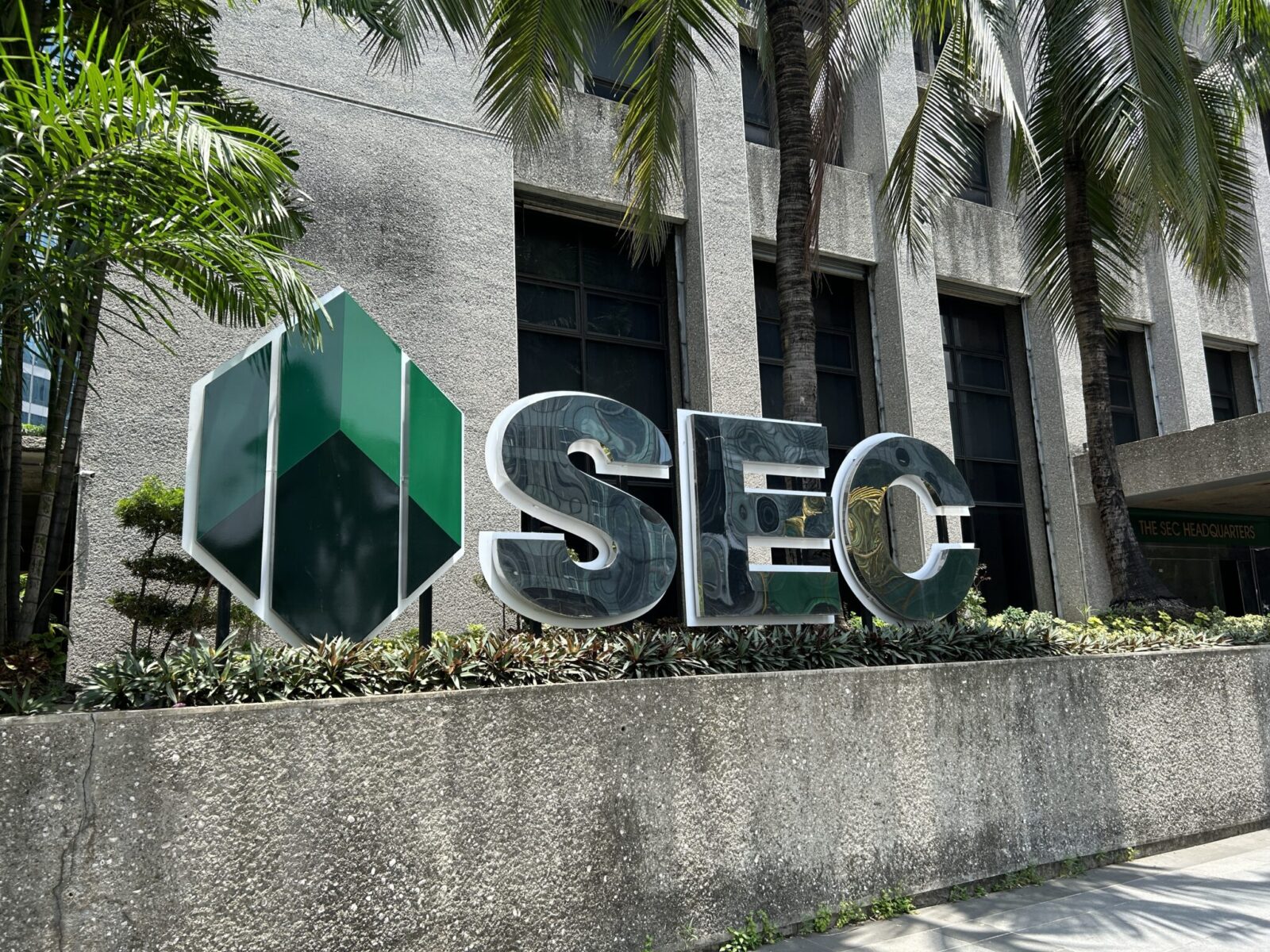
Toll roads and cell towers, among many others, may soon be considered “REIT-able” assets. These are properties that can be added to the portfolio of entities wishing to establish their own real estate investment trusts (REITs).
This, as the Securities and Exchange Commission (SEC) seeks to amend the rules of the REIT Act of 2009. The SEC wants to liberalize access to the local capital market.
REITs are corporations that invest in income-generating real estate assets, like malls and office buildings and renewable energy power plants.
These are the most common asset portfolios of REITs in the Philippines. They include the Ayala group’s AREIT Inc., Citicore Energy REIT Corp., Filinvest REIT Corp. and the Gokongwei group’s RL Commercial REIT Inc.
According to SEC Chair Francis Lim, part of their proposed amendments to the REIT law is the addition of other allowable investments for REITs.
Currently, the law allows investments in real estate, real estate-related assets and investible funds, among others. However, it does not explicitly define which income-generating assets are qualified.
“We will enumerate them in order to minimize issues,” Lim told reporters in a recent interview.
Lim cited the Civil Code, which states that real estate assets are immovable properties. Going by this definition, he pointed out that cell towers may be characterized as REIT assets.
Toll roads may also be considered, especially since these are income-generating properties managed by companies, Lim said.
In expanding the definition of REIT assets, the official explained that more firms would be able to list and participate in the local capital market. This would enable access to other sources of funding.
The SEC earlier expressed interest in revisiting the law’s rules as part of its goal of attracting more investors in the Philippine corporate sector and making it “one of the best in Southeast Asia.”
SEC Commissioner McJill Bryant Fernandez earlier told the Inquirer the draft amendments will be released for public comment within “early October.”
Apart from expanding the definition of qualified assets, the SEC is also considering changes to the law’s provision on tax income deductibility.





